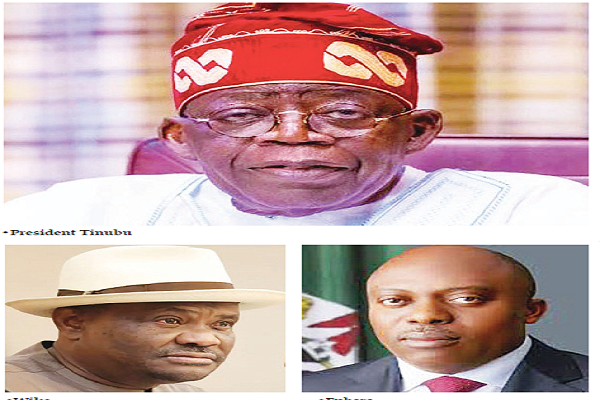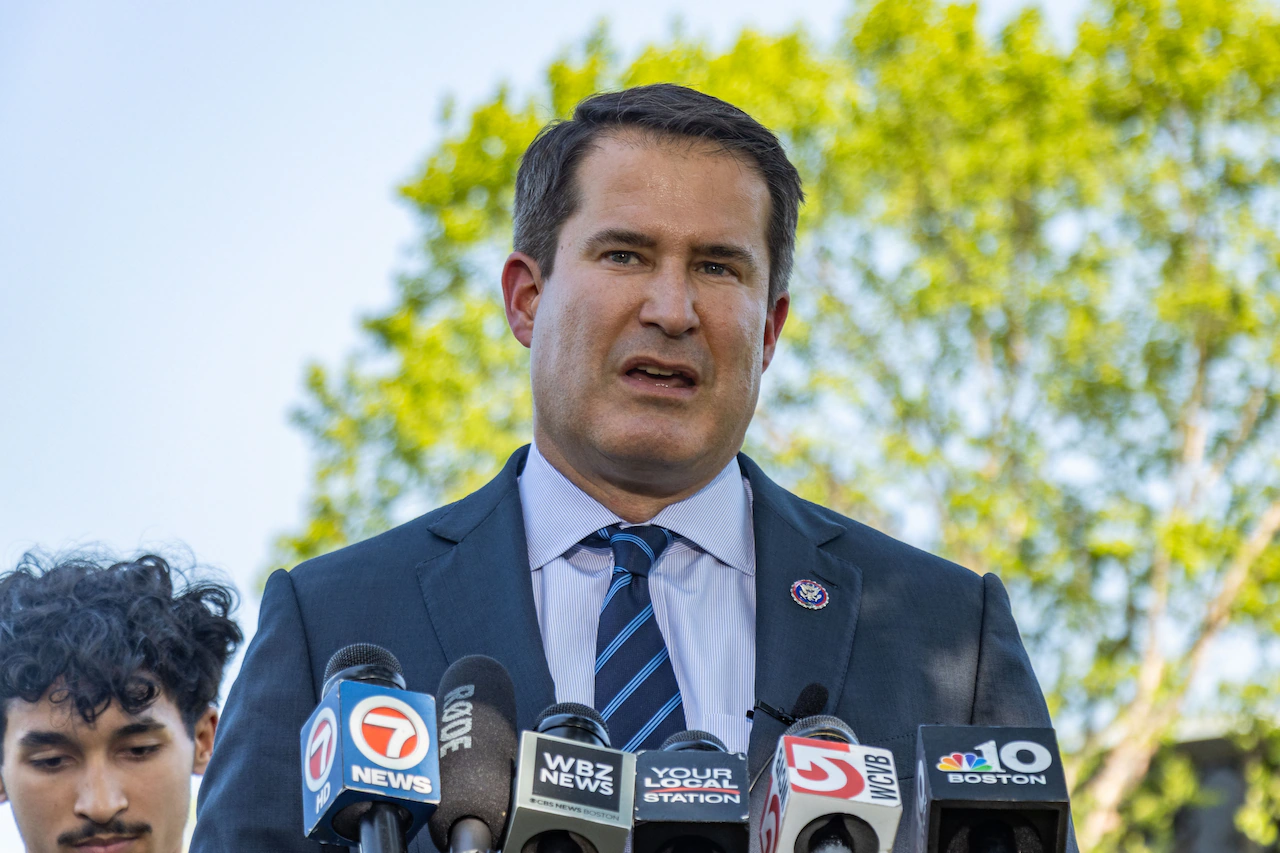By Trixy Toh
Copyright tnp

A polarising figure in life, the recent death of US right-wing personality Charlie Kirk has seen his divisive legacy being played out in countries such as Japan, South Korea and Australia – and Singapore, too.
Hailed a “light in the darkness” and a “martyr” by Christian leaders, a recent article by influential Christian group Salt and Light included heartfelt tributes from Singapore pastors who celebrated what they called Kirk’s courage, unwavering faith, and commitment to speaking truth boldly.
“May this truly be the Turning Point for America and the world as the blood of martyrs cry out to the Lord,” senior pastor Chua Seng Lee of Bethesda Bedok Tampines Church wrote, echoing the views of many American Christians.
Pastor Andrew Yeo, executive director of FOPx, described Kirk’s voice as a “light in dark places”, adding: “May your life continue to inspire many to boldly live the Gospel in every sphere of society.”
There were also many social media tributes by Singaporeans to the co-founder of the conservative group Turning Point USA (TPUSA), with just as many speaking out against his inflammatory rhetoric and his religious and political positions.
Some of these posts have attracted thousand of reactions.
A following beyond America
On Sept 10, Kirk, aged 31, was shot and killed while speaking at a TPUSA event on the Utah Valley University campus. He leaves behind his wife Erika, who has now taken over as chief executive of TPUSA, and their two young children.
A right-wing political activist, Kirk was known for debating college students on campus and drew an audience of millions with his books, media appearances, and podcasts. He was also a prominent voice in the Make America Great Again (MAGA) movement and a close ally of US president Donald Trump.
Kirk dedicated his life to advocating conservative politics through the lens of his Christian faith. He espoused a range of conservative positions aligned with Trump, such as opposing abortion, gun control, diversity initiatives and LGBTQ+ rights.
While he denied being one, many saw Kirk as a Christian nationalist – an ideology founded on the idea that the US is a Christian nation founded by and for Christians. He was also often labelled a fascist and a white supremacist.
In one of his broadcasts last March, Kirk declared: “The American Democrat party hates this country. They wanna see it collapse. They love it when America becomes less white.”
But he also had a following beyond the United States, taking his message to the UK and South Korea.
Just three days before his assassination, Kirk spoke at an event organised by the traditional Japanese political party Sanseito and addressed a crowd of over 1,200 in Tokyo.
Memorial events and candlelight vigils have since been held in Seoul and Sydney, and his death has also resonated in the Republic.
Kirk’s assassination even drew a response from Law and Home Affairs Minister K. Shanmugam, who called him a “victim of worsening political divisions within the United States”, and stressed the importance of maintaining “law and order to have proper democratic discourse”.
With 18.9 per cent of the Singapore population identifying as Christian, a sizable community has been vocal online, from expressing admiration for his Christian convictions to criticism of his portrayal as a Christian martyr.
‘He died a martyr’s death’
TikTok user @rachellovingly described Kirk’s death as a “wake up call” for Christians, urging believers to live out their faith more boldly.
“Christianity is going to cost you, which is what happened to Charlie Kirk,” she said in her video, which drew over 9,000 views and more than 200 comments, adding that Kirk died “a martyr’s death” for speaking the truth and remaining steadfast in his faith.
Joy Anbarasi, a 25-year-old teacher, told The New Paper that she had not heard of him until his death, when she watched some of his videos and found she agreed with his views. “As Christians, we are called to suffer for Christ and I felt that his life was an example of that,” she said.
A Christian and a music teacher who only wished to be known as Ms Lau called Kirk “brilliant” and “knowledgeable”, adding that he “articulated and debated soundly and logically based on his own moral compass.”
The 62-year-old noted that he also made enemies “who simply couldn’t and wouldn’t accept another point of view”.
“As such a strong proponent of free speech – non-violence through dialogue, his faith and courage in living this out will surely inspire many, especially Christians,” she said.
Pastors and other prominent Christians who paid tribute to Kirk did not respond to TNP’s queries.
Kirk as Christian martyr is a ‘wild idea’
Others in Singapore questioned whether Kirk’s political activism truly reflected his faith.
A four-minute clip uploaded by TikToker @pauriahcarey gained over 79,000 views and more than 140 comments, as he said he was “surprised” to see so many Singaporeans sharing opinions about Kirk.
He was equally surprised that Singaporeans who are “highly educated and more intelligent than the rest of the world” could fall for “propaganda and nonsense”.
While he acknowledged that Kirk died a tragic death, the TikToker called it “dangerous” and “bizarre” that people were framing Kirk as “simply having an opinion”.
People like Kirk often conflate what he called “crazy ideas” with the “umbrella of Christian values”, when these ideas are not remotely aligned with the teachings of Jesus Christ.
“We have to get one thing clear and it’s that Charlie Kirk wasn’t being persecuted for Christian values,” he said, adding that Kirk being hailed as a Christian martyr is the “latest wild idea” to be imported from the US.
Jeff Sibs, a Catholic, told TNP that while Kirk held very conservative views, he genuinely “fought for the betterment of his country”.
“What stood out to me was the fact that he gave adversaries a platform to voice their opinions,” said the 22-year-old sales professional.
But despite respecting Kirk’s willingness to debate opposing views, Mr Sibs said he disagreed with many of the American’s positions. “I don’t agree with his stances like him supporting the Second Amendment and for Americans to keep guns because as a Catholic, we believe killing is not the way,” he explained.
Mr Sibs noted that many young people today know more about American politics than local politics, largely because the media they consume is dominated by American content – making the US political scene feel “almost a reflection of where society is at as a whole.”
“The Catholic Church is saddened that a life was lost but Charlie Kirk didn’t stand for the exact teachings that we Catholics believe in,” he added.
Singapore has ‘greater exposure to divisive external content’
Analysts told TNP that the performative nature of Kirk’s debates made for an enticing spectacle, while the youthfulness of his US audience naturally meant young people here would be drawn to him.
Political scientist Ian Chong of the National University of Singapore said Kirk appeals to those drawn to a brand of “uncompromising conservatism”, much of which is “sensationalistic” and seemingly focused on “gotcha moments”. This approach is particularly appealing to certain segments of youth.
There are aspects of Singapore’s political culture that like “strong men”, while others tend to label leftists and progressive ideas as “dangerous”, added Prof Chong. People who champion Kirk elicit strong responses from those who oppose him – sometimes even resulting in violence.
Debates and ideas are often imported into the country without full understanding of their social and political context, said Prof Chong, partly because political and civic education is not something Singapore society tends to focus on – an issue affecting both young and old.
Religious expert Ng Teng Kuan of Singapore Management University, noted that as college students were one of Kirk’s key demographics, his assassination provoked particular attention among Singaporean youths.
“The rapid-fire intensity with which he debated students ‘live’ on campuses made for exciting, dopamine-driven entertainment,” Prof Ng added, describing it as “political ritual theatre”.
He noted the starkly contrasting views people hold toward Kirk – whether as a “martyr” or a “bigot” – but said his message and persona resonated with some Christian communities in Singapore, which are most closely attuned to his global evangelical networks and media resources.
“This reflects how local religious life is often shaped in dialogue with broader international currents,” said Dr Ng.
Political scientist John A. Donaldson of Singapore Management University, said the reaction in Singapore to Kirk’s assassination “underscores the imperative of continuing to inject critical thinking into all levels and all aspects of the nation’s education system, as well as the central importance of civic education”.
Likewise, Prof Chong emphasised the need for “much more discussion” about civic and political values, including the standards by which public figures, politicians, and the media should be held accountable.
“People need to learn to better handle differences rather than instinctively shut down what seems unfamiliar,” he said. “This also includes acquiring a greater ability to disengage and ignore harmful content, since it is not possible to ban and censor everything.”



